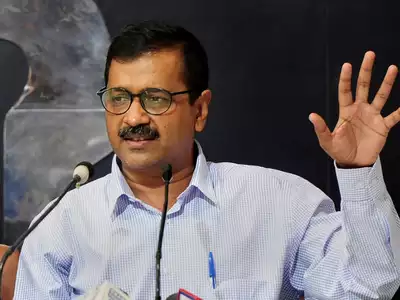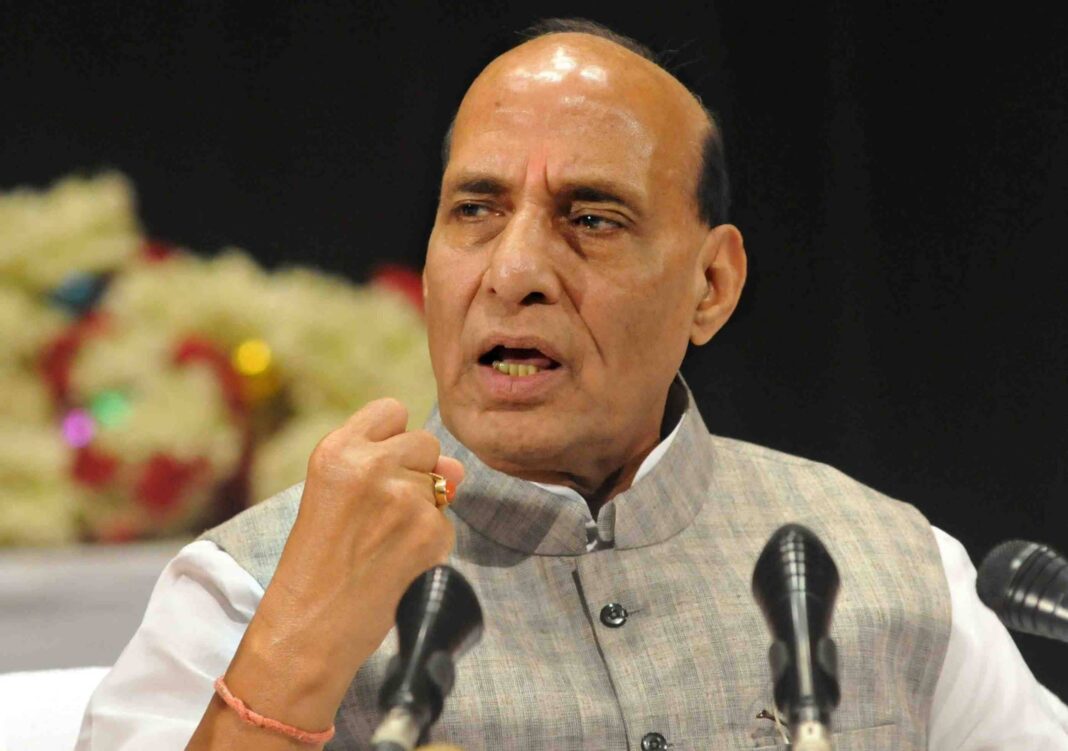
Arvind Kejriwal, the chief minister of Delhi, has written to opposition leaders inviting them to debate the divisive Services Ordinance introduced by the central government. This is a crucial move meant to promote cooperation and dialogue among political parties. The need of participating in productive discourse to address significant challenges affecting governance and state rights is emphasised by Kejriwal’s letter. The relevance of Kejriwal’s request for a coordinated opposition response is discussed in this article along with the consequences of the Services Ordinance.
The National Capital Territory of Delhi (NCT) and other Union Territories (UTs) are subject to the Services Ordinance, which was passed by the federal government. Bypassing the elected government, this ordinance gives the centrally appointed Lieutenant Governor (LG) broad authority to decide on matters pertaining to services.
A significant step towards reaching agreement on issues of shared interest has been taken by Arvind Kejriwal in his letter to the opposition parties. Kejriwal hopes to create a unified front against what many see as an overreach of the central government’s authority by inviting opposition leaders to address the Services Ordinance collectively.
Arvind Kejriwal made an effort to build consensus and collaborative decision-making by approaching opposing groups to talk about the Services Ordinance. Concerns about the ordinance’s effects on federalism and the separation of powers have been voiced by proponents of stronger state rights.
Participation enables opposition parties to voice their issues, consider alternatives, and shape policy. The combined efforts of opposition leaders may be very effective in influencing the conversation about governance, guaranteeing democratic accountability, and sustaining the core values of federalism.


